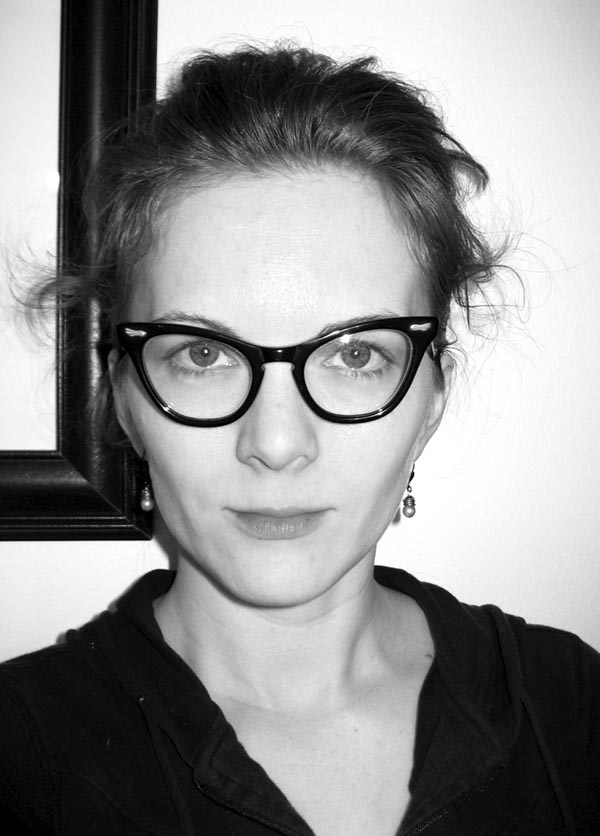Wittgenstein, and the continuing search for answers
While reading Bertrand Russell's introduction of a Wittgenstein book, I came across something interesting. First, Russell explains atomic facts (although it contains no parts that are facts, nevertheless does contain parts)... anyway, after all his exposition on the subject, Russell gets to this point, which I'd like to discuss:
"The fact that nothing can be deduced from an atomic proposition has interesting applications, for example, to causality. There cannot, in Wittgenstein's logic, be any such thing as a causal nexus. "The events of the future," he says, "cannot be inferred from those of the present. Superstition is the belief in the causal nexus." That the sun will rise tomorrow is a hypothesis. We do not in fact know whether it will rise, since there is no compulsion according to which one thing must happen because another happens."
Okay.
So, if I hold fast to this theory, then my present circumstances will not be compelled to continue into the future. In truth, there is no actual "causal nexus" that can incite them to continue. Now, I assume Witt. refers to the inanimate, or nonhuman, counterpart. But consider the human, me. If I choose to "repeat" a circumstance, I may. It will never be as precisely and accurately the same as a previous experience, but perhaps that's where humans are dumb dumbs. If we can stop for a moment, and simply realize the impossibility of events of the future being "inferred from those of the present", then what is there to worry about? Perhaps we are all superstitious then. All bound to false ideas and repeated fairy tales, stories passed on generationally.
So, we come to expect that the sun will rise, but one day it may not. On that day, fear would settle into our minds. But if we take into account this theory, then we will come to lessen our expectations of events repeating. I suppose in that there is both comfort and uncertainty. But for my cure, now at this time, I take this direction as meaningful and good. If I cannot repeat the event of my recent painful breakup due to the inability of things to exist causally and within a contained center, then I am happy to know that this experience will not happen again.
Something to be thankful for.
And the Witt. reading continues. Was reading The Apology, but had to put it down. Was crying too much. Reading about death, what am I thinking. To contribute to my pain, tonight in Epic class we read passages from book 4 of the Aeneid: Aeneas' short flirtation/relationship/"marriage" with Dido causes her to kill herself. Great.
It often seems that knowing things are useless unless you know the right things.
"The fact that nothing can be deduced from an atomic proposition has interesting applications, for example, to causality. There cannot, in Wittgenstein's logic, be any such thing as a causal nexus. "The events of the future," he says, "cannot be inferred from those of the present. Superstition is the belief in the causal nexus." That the sun will rise tomorrow is a hypothesis. We do not in fact know whether it will rise, since there is no compulsion according to which one thing must happen because another happens."
Okay.
So, if I hold fast to this theory, then my present circumstances will not be compelled to continue into the future. In truth, there is no actual "causal nexus" that can incite them to continue. Now, I assume Witt. refers to the inanimate, or nonhuman, counterpart. But consider the human, me. If I choose to "repeat" a circumstance, I may. It will never be as precisely and accurately the same as a previous experience, but perhaps that's where humans are dumb dumbs. If we can stop for a moment, and simply realize the impossibility of events of the future being "inferred from those of the present", then what is there to worry about? Perhaps we are all superstitious then. All bound to false ideas and repeated fairy tales, stories passed on generationally.
So, we come to expect that the sun will rise, but one day it may not. On that day, fear would settle into our minds. But if we take into account this theory, then we will come to lessen our expectations of events repeating. I suppose in that there is both comfort and uncertainty. But for my cure, now at this time, I take this direction as meaningful and good. If I cannot repeat the event of my recent painful breakup due to the inability of things to exist causally and within a contained center, then I am happy to know that this experience will not happen again.
Something to be thankful for.
And the Witt. reading continues. Was reading The Apology, but had to put it down. Was crying too much. Reading about death, what am I thinking. To contribute to my pain, tonight in Epic class we read passages from book 4 of the Aeneid: Aeneas' short flirtation/relationship/"marriage" with Dido causes her to kill herself. Great.
It often seems that knowing things are useless unless you know the right things.


0 Comments:
Post a Comment
<< Home